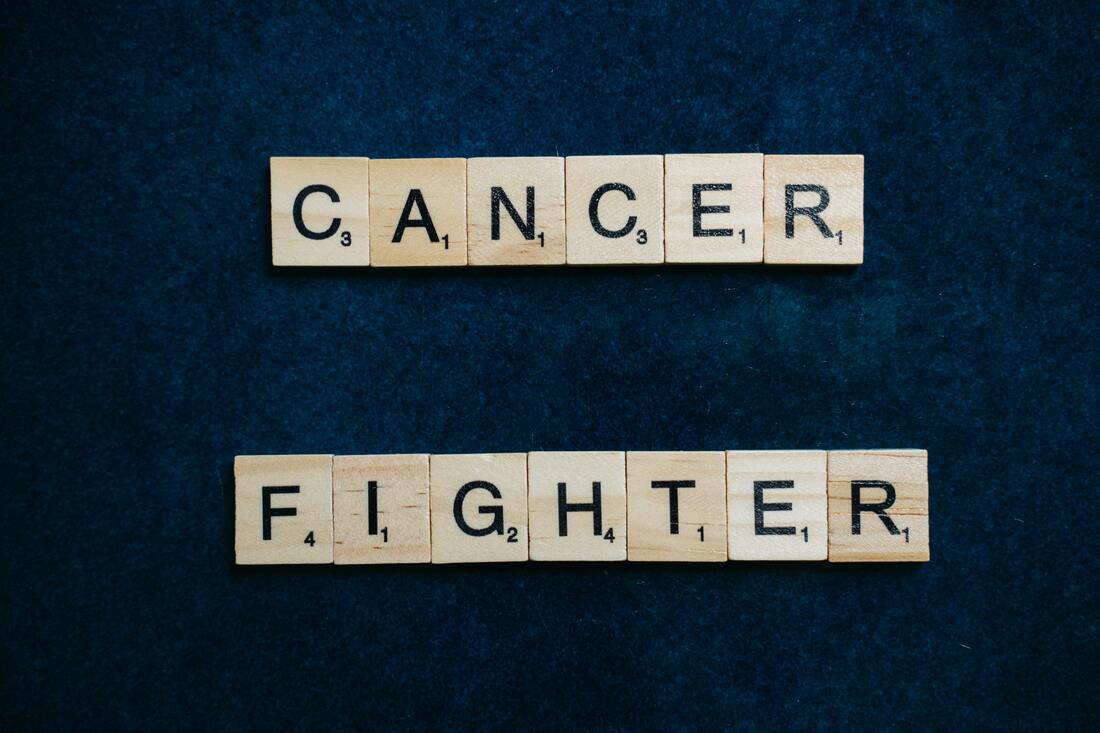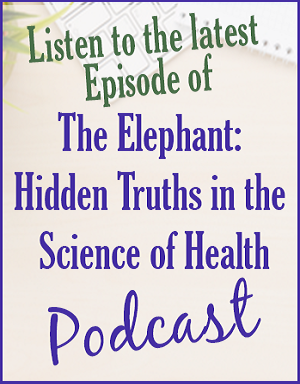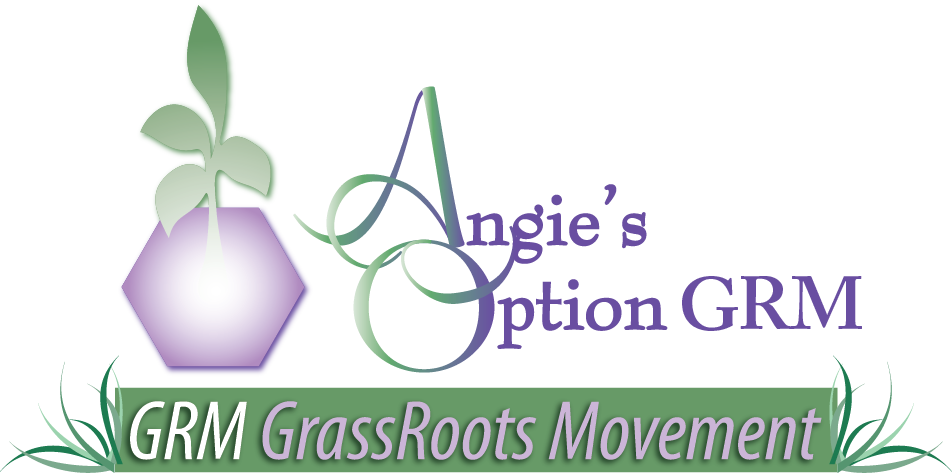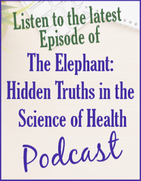Larry A. Law
Five-Year Cancer Survival Rates
Below are the percentages of people still living five years after their cancer diagnosis: Prostate: 98% Melanoma: 92% Bladder: 77% Kidney: 75% Cervix: 66% Colon: 63% Ovary: 48% Stomach: 32% Lung: 19% Liver: 18% Pancreas: 7%
Why So Deadly?
Two reasons that pancreatic cancer is particularly deadly: 1. It doesn't produce specific symptoms so it is seldom detected in its early stages. Symptoms manifest only when it spreads (metastasizes) to other organs. About 80% of patients are diagnosed in advanced stages when it cannot be removed surgically. 2. It metastasizes readily to other parts of the body, which makes treatment virtually impossible. Pancreatic cancer is significantly more resistant to chemotherapy in comparison to other cancers.
Major Contributing Factors to Pancreatic Cancer
No one knows exactly what causes pancreatic cancer, but smokers are 2 to 3 times more likely to develop the disease--25% of cases are due to cigarette or cigar smoking. Alcohol consumption also leads to repeated inflammation of the pancreas. Obese people have a 20% greater risk of developing pancreatic cancer. People with diabetes (long-term and new-onset) are at increased risk. Age is a factor, since 90% of those diagnosed [with pancreatic cancer] are older than 55 and 70% are older than 65. More men than women and more black than caucasian, hispanic, or Asian people develop this cancer. The disease may be driven by genes such as KRAS, P53, P16, and SMAD4.
Common Symptoms
There are no telltale signs for pancreatic cancer; however symptoms can include yellowing of the skin or whites of the eyes (painless jaundice). Abdominal pain, loss of apetite, unexpected weight loss, dark-colored urine, pale and greasy stools, itchy skin, and fatigue are also later symptoms.
Treatment
Surgery, radiation, and chemotherapy have little to offer when treating this cancer. Immunotherapy is the only bright spot in the medical tool bag. Immunotherapy uses drugs to boost our own immune system to help it seek out and kill the cancer cells. Unfortunately, only a small subset of patients, approximately 3% of all pancreatic cancer cases, those that are MSI high (meaning they are tumor mutation burden high) seem to respond to this protocol.
Prevention
The fact that immunotherapy works in the medical paradigm is a testament to the power of the immune system to erradicate pancreatic cancer when supplied with the raw materials it needs. The immune system fights cancer every day of our lives. When cells go bad, the immune system knows how to identify and remove them. We know from the science of glycobiology that having the correct sugars in place on the cell receptors of the glycocalyx (cell membrane) surrounding each cell, leads to optimal immune system function -- structure is function! The National Academy of Science stated in their October 2012 report entitled Transforming Glycoscience: A Roadmap for the Future that “Altered glycosylation is a universal feature of cancer and contributes to pathogenesis and progression.” Cellular glycosylation is the addition of 8 critical sugar nutrients to the proteins and lipids manufactured within the cell billions of times a day. Ensuring the proper glycosylation of glycoproteins and glycolipids allows the immune system to distinguish healthy cells from diseased cells. Metabolic processes involving apoptosis and innate immune defensive cells destroy bad cells and permit the body to replicate healthy ones. We damage that process if we do not eat healthy foods and supplement with plant-based, real nutrition. For more information on how the science of glycobiology impacts cancer, see my book.
0 Comments
Leave a Reply. |
BlogArchives
July 2024
Categories
All
|
© Angie's Option GRM. All rights reserved.








 RSS Feed
RSS Feed

